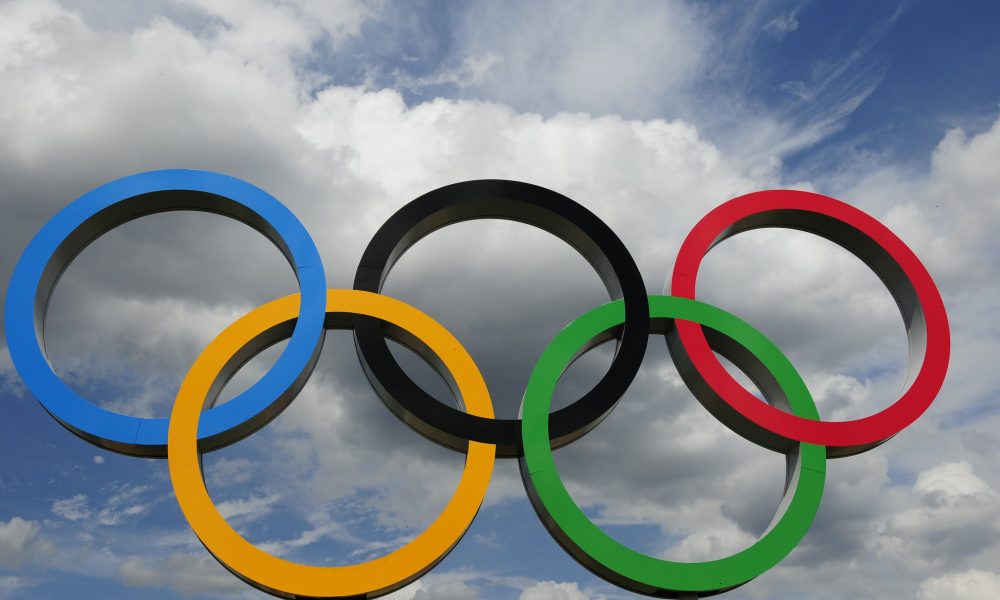
How Much Are Athletes Paid For Winning Medals At Olympics?

The Olympic Games are a part of an athletic festival that first originated in Ancient Greece and, in modern times, are leading to international sporting events featuring winter and summer sports competitions. Thousands of athletes participate in these games from all around the world. The Olympic Games are now considered the world’s foremost sports competition with more than 200 nations participating.
Ancient Olympics vs Modern Olympic Games
The origin of these games goes back to 2.300 years ago when they were held in the Olympia area of ancient Greece. In some theories. The initial purpose of these games was to celebrate a festival of art and sports and worship their respective gods.
The religious nature of the Games was concerned to Zeus, considered as the ruler, protector, and father of gods and humans, and all wars would cease during the contest. According to the earliest records, only one athletic event was held in the first Olympics; this was a footrace of about 183 meters, which was only held among men.
Later on, over the years, they started including wrestling and a pentathlon consisting of running, jumping, spear throwing, boxing, and wrestling.

Pixabay/ Pexels | The Olympics have been hosted by 19 different countries since 1896.
The evolution of the Olympic Movement during the 20th and the 21st centuries have resulted in many adjustments to the game, such as the creation of Winter Games for snow and ice sports and paralympic games for athletes with disabilities. The games also include a youth Olympic Games for athletes from ages 14 to 18.
The Summer Games has a wide array of events that include basketball, boxing, canoeing, kayaking, cycling, running, equestrian arts, fencing, field hockey, gymnastics, modern pentathlon, rowing, shooting, soccer, swimming, tennis, volleyball, water polo, weightlifting, wrestling, and yachting.
In 1894, around the time of the revival of the Olympics, the French Educator Baron Pierre de Coubertin devised the five-ring emblem which represents the unity of the five continents: America, Africa, Asia, Europe and Oceania.

Pixabay/ Pexels | The Games were named for their location at Olympia, a sacred site located near the western coast of the Peloponnese peninsula
Olympic medals
The top athletes are recognized with gold, silver and bronze. Some countries also offer medal bonuses that are often paid by the national Olympic committee or the government. In many countries, athletes can also expect bonuses from the national governing body and sponsors for their sport’s performance.
Different countries reward different bonuses. American Olympians who win a gold medal are awarded $37,500, while silver medal winners receive $15,000 and bronze medal receivers are offered grants and health insurance benefits.
While Japan, Australia, Canada, Brazil, Finland, Portugal, Serbia and Switzerland follow a similar bonus structure ranging from $45,000 to $9000, many other countries offer six figures for gold medalists in individual sports. Hong Kong offered the gold medal bonus of $642,000; Turkey offered $383,000; Malaysia Gold Medal Bonus of $238,000 including pension; Italy offered $201,000 and Hungary offered $156,000 for gold, $111,000 for silver, and $89,000 to bronze medal winners.

David/ Flickr | Olympic gold medals are required to be made from at least 92.5% silver, and must contain a minimum of 6 grams of gold
In some countries, it truly is all about pride and patriotism, because they don’t offer any compensation for their Olympic medalists, who have to rely exclusively on endorsements or speeches to cash in on their Olympic fame. Examples of those countries are Great Britain, Norway, Sweden, and New Zealand.
More in Latest News
-
`
Hong Kong Hails Saudi Super Cup and Cultural Treasures in Historic Tourism Push
Hong Kong is turning up the heat this August, as Saudi Arabia brings a double dose of energy to the city:...
August 13, 2025 -
`
Floyd “Money” Mayweather’s Flight Company Sued for $136k in Unpaid Fuel
Floyd Mayweather is in the ring again, but this time it is a legal one. His private jet company, TBE Aviation...
August 6, 2025 -
`
World’s Oldest Surviving Basketball Court May Help Boost Small Town Tourism
Basketball may be a global sport. But its roots run deeper in Canada than most people think. In the small border...
July 30, 2025 -
`
China Builds 50m-Tall Inflatable Dome to Reduce Construction Pollution
Cities deal with construction dust and noise daily. But a new dome in Jinan, in eastern China’s Shandong province, is changing...
July 23, 2025 -
`
Ligue 1 Adopts ‘Simplified’ Yellow Card Suspension System for Season 2025/26
Starting in the 2025/26 season, Ligue 1 is changing the yellow card suspension rule, and it is about time. The old...
July 17, 2025 -
`
Key Highlights From UFC 317 (June 26 – 29, 2025)
UFC 317 took over Las Vegas from June 26 to 29, 2025, and it didn’t waste a second. Fights were fast,...
July 9, 2025 -
`
Who Invented Basketball? Here’s All You Need to Know
Basketball didn’t just show up one day. It had to be invented. The story most people know starts in 1891 with...
July 3, 2025 -
`
What to Do (And What to Avoid) Before a Cruise
A cruise vacation is an incredible escape from the daily grind, offering relaxation, adventure, and the chance to explore new places....
June 25, 2025 -
`
Big Ten Basketball Power Rankings 2025. Can You Guess Who’s #1?
Big Ten basketball is once again the loudest, toughest, and deepest show in college hoops. The 2024-25 season was stacked with...
June 18, 2025















You must be logged in to post a comment Login